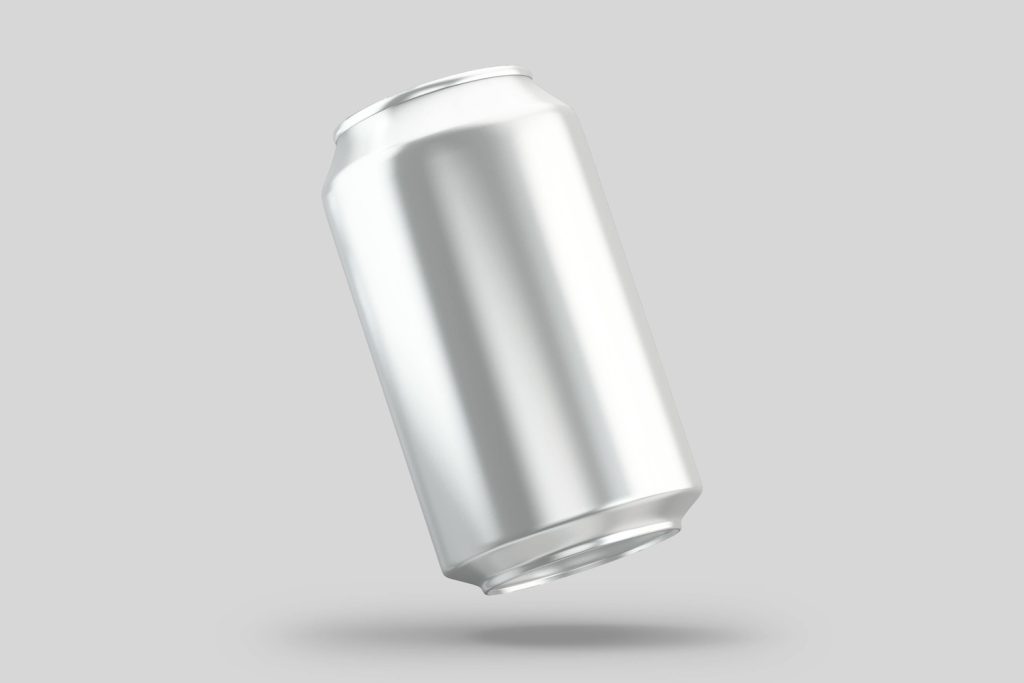Specific trends continue to emerge in the tourism industry, driven by the demand for unique travel experiences. Another strange trend that has recently caught the attention of travelers is the practice of some destinations selling canned air to visitors. This apparently the absurd concept has gained ground in various locations around the world, such as the Canadian Rockies.
According to has Euronews, Lake Como in Italy is the latest entrant to this atypical market. A marketing agency recently launched a product claiming to capture the essence of the lake's atmosphere in a jar. Each canned air costs almost $10. It contains a precise mixture of gases, including 21% oxygen, 0.93% argon, 0.04% carbon dioxide, and traces of nitrogen and neon.
Daniele Abagnale, representing the agency behind this initiative, said La Repubblica, “We thought of encapsulating the air from the lake in a pot that could then be taken anywhere in the world.” The agency touts the product's versatility, suggesting the jar can double as a pen holder or vase when opened.
Global Canned Air Market
The Lake Como air-in-a-jar is one of many available on the market. Similar products have appeared in various parts of the world. The Isle of Man, for example, offers canned air for around $20, marketed as a cure for homesickness and a stress reliever. In China, Altay's air is described as “intoxicating”, with some cans also serving as postcards for tourist messages.
A company called Fattrol took a more humorous approach. The company produces canned airline souvenirs from popular tourist destinations such as Athens, Venice, Barcelona and Las Vegas. Their Tokyo version claims to feature air from iconic locations like Shibuya Crossing and Tsukiji Fish Market. Additionally, the packaging is supposed to be strong enough to withstand a 9.0 magnitude earthquake.
Ethical concerns
While these products may seem harmless, they raise important questions when it comes to sustainable tourism and environmental responsibility. Critics say producing packaging for a nonexistent product contributes to the already huge volume of disposable souvenirs that often end up as waste.
Not to mention that the authenticity of these products is frequently questioned. For example, controversy arose in the south of England. There, a company selling Cornwall air for more than $80 a bottle was actually importing its “product” from neighboring Devon.


